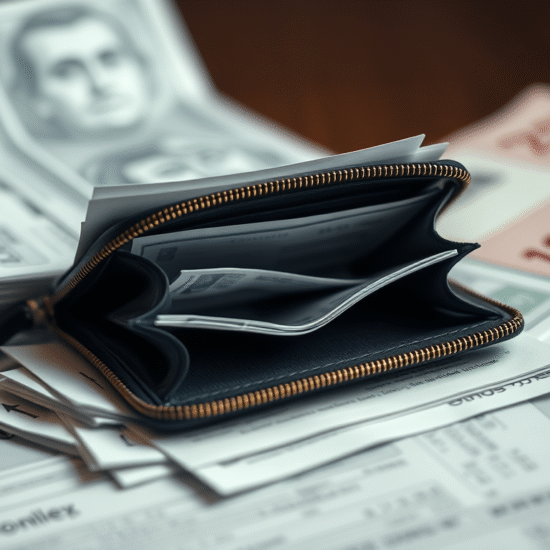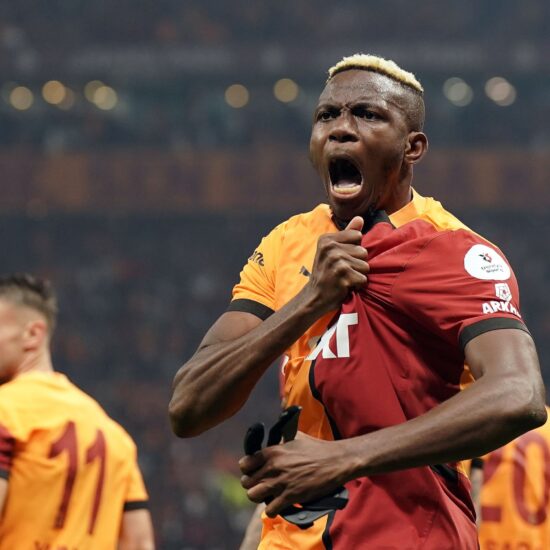
At just 19 years old, Michael Rubin turned a struggling shoe brand into a $1.8 million windfall. His story isn’t just about a clever deal—it’s a masterclass in spotting opportunities, building trust, and betting on yourself. You don’t need a fat bank account to make it big; you need awareness, relationships, and the confidence to pitch a workable idea. Here’s how Rubin did it—and how you can apply the same principles to your own success.
SEE WHAT OTHERS MISS
Rubin’s journey began with a simple observation: a shoe production company was sitting on a brand of footwear that wasn’t selling well. While others saw a flop, he saw potential. He negotiated a deal to buy 300,000 pairs at $9 each, totaling $2.7 million. The lesson? Opportunities are everywhere, often hiding in plain sight. Train yourself to notice what’s undervalued or overlooked in your environment—whether it’s a product, a service, or a gap in the market. Success starts with awareness.
RELATIONSHIPS ARE YOUR CURRENCY
Here’s the kicker: Rubin didn’t have $2.7 million to buy the shoes. Instead of letting that stop him, he turned to his bankers. He pitched them on his vision—selling the shoes to dozens of retail stores for $15 each, raking in $4.5 million and a $1.8 million gross profit. They said yes. Why? Because Rubin had invested in those relationships beforehand. When you build trust with people—mentors, colleagues, or even financial backers—they’re more likely to bet on you, even when your pockets are empty. Nurture your network; it’s the safety net that catches you when you leap.
CONFIDENCE CLOSES THE DEAL
Imagine walking into a bank with no money and asking for millions. Rubin pulled it off because he believed in himself and his plan. That confidence wasn’t blind—it was backed by a clear strategy and the hustle to line up buyers before he even owned the goods. Investing in yourself—your skills, your knowledge, your ability to communicate—builds the kind of self-assurance that makes others want to take a chance on you. People don’t back cash; they back conviction.
IDEAS TRUMP MONEY
Rubin didn’t start with a pile of cash—he started with an idea. He identified the stores willing to buy, crunched the numbers, and made the deal irresistible. Too often, we chase money first, thinking it’s the key to opportunity. Rubin’s story flips that script: a solid, workable idea attracts the resources you need. When your plan is sound and you’ve got integrity, others—whether bankers, partners, or investors—will step up to ride your wave.
THE PAYOFF
With the bankers on board, Rubin secured the shoes, delivered them to the stores, and walked away with $1.8 million. At 19, he proved that wealth isn’t just about what you have—it’s about what you see, who you know, and how you sell it. You don’t need to be a millionaire to start; you need to think like one.
So, how do you make $1.8 million? Stay curious about your surroundings. Build relationships that open doors. Develop the confidence to pitch big. And focus on ideas that work, not the money you don’t have. Opportunity doesn’t wait for the rich—it rewards the resourceful.
- Blog
- Business Finance
- Calculators
- Career
- Education
- Improve
- Learning from Successful people
- Life
- Personal finance
- Self-Improvement
- Side Hustle Stories


